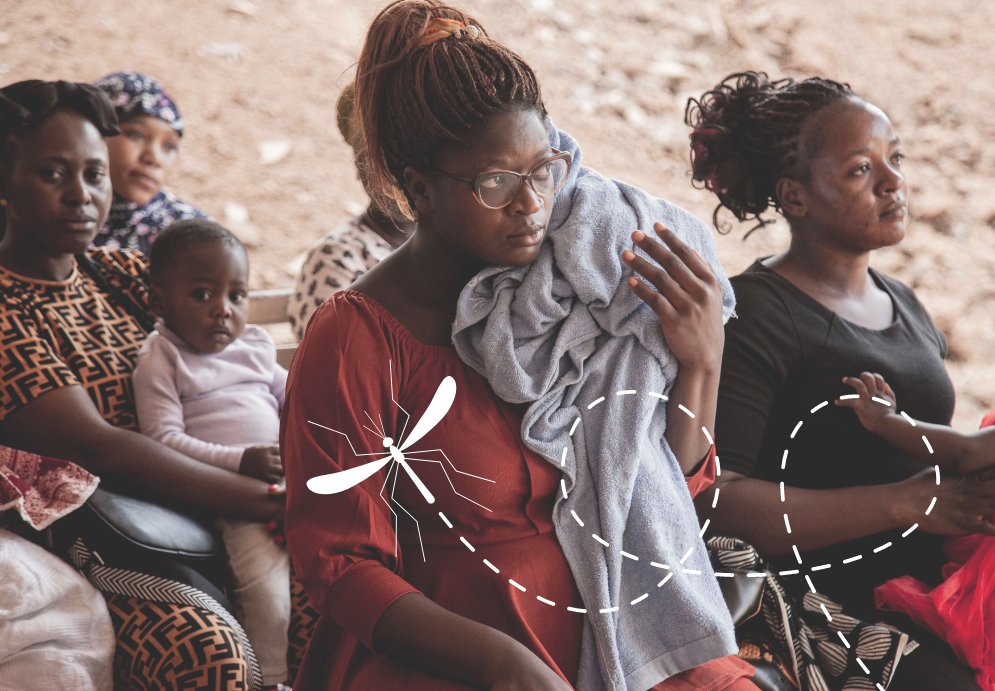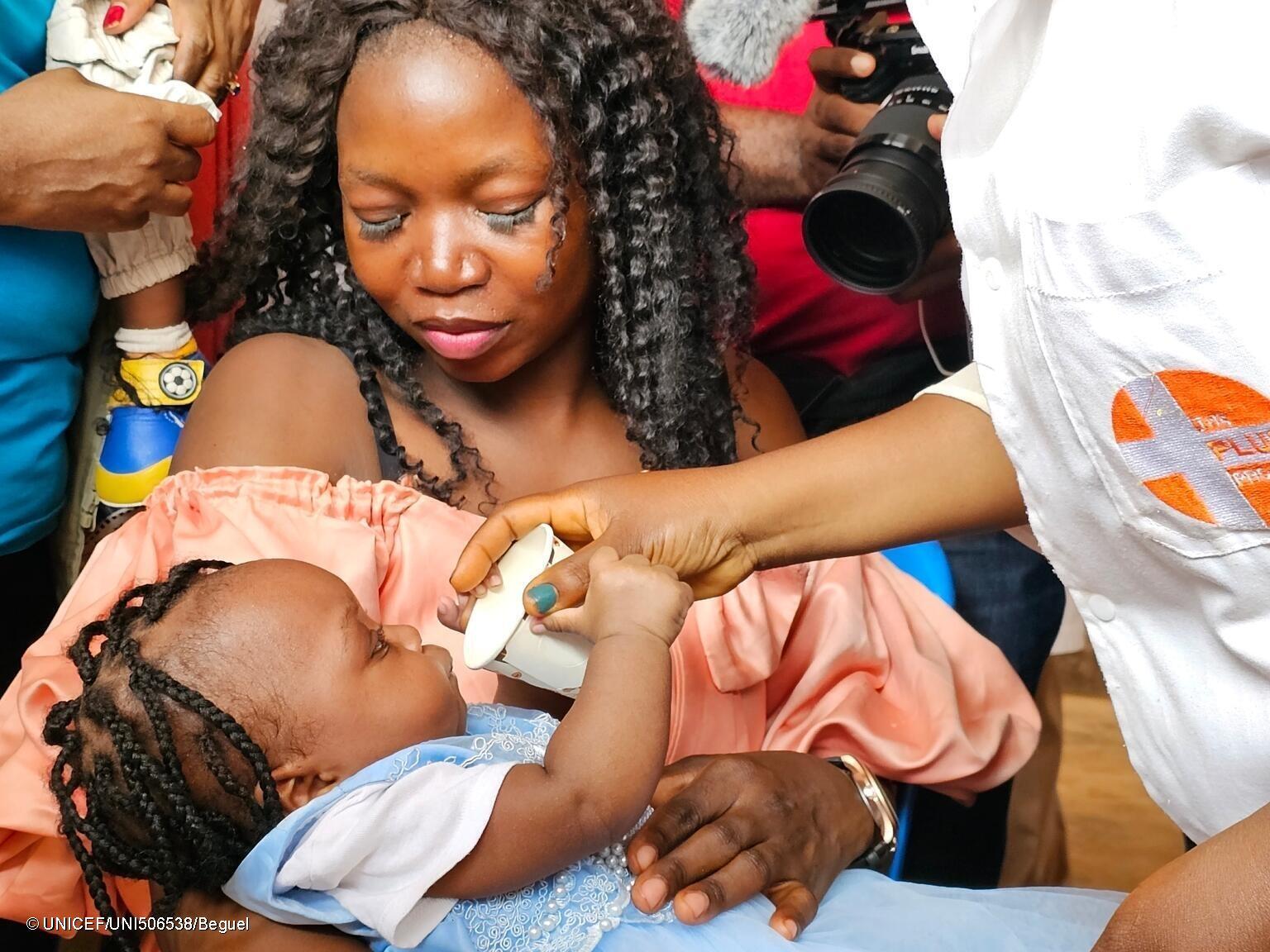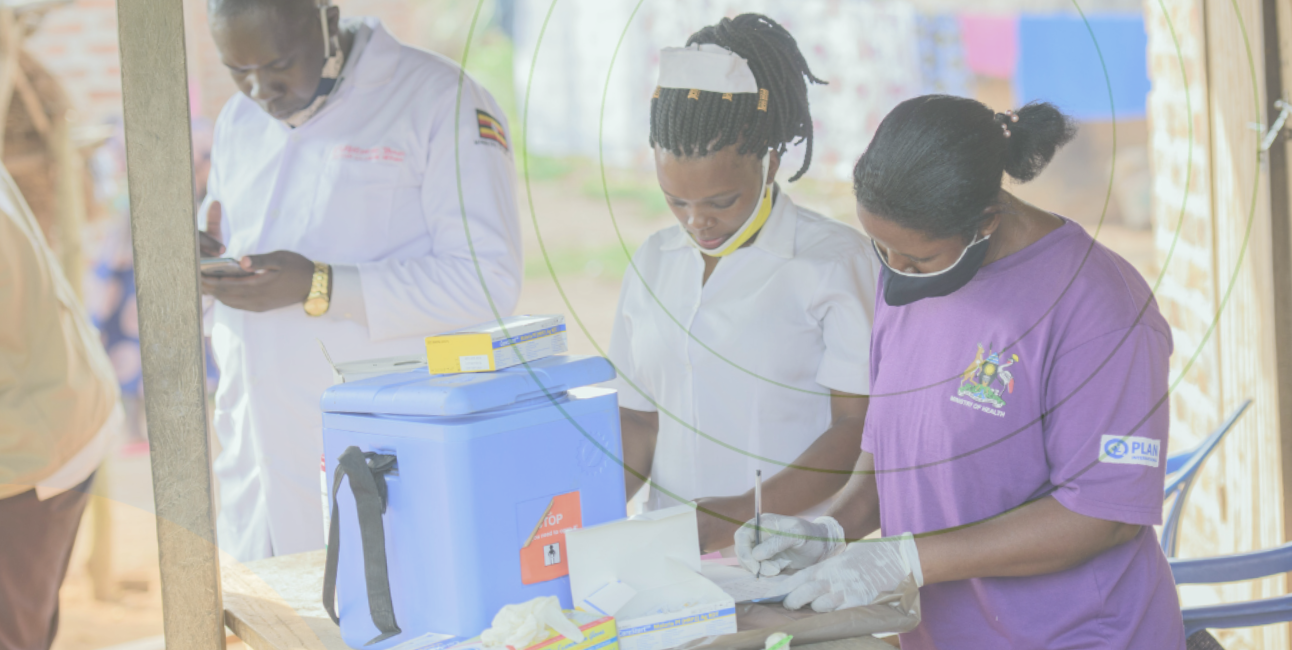Vaccines Against Mosquito-Borne Diseases
In honor of World Mosquito Day, we look at the ways in which vaccines have and continue to revolutionize progress against mosquito-borne diseases like dengue and malaria.

A Leap Forward in the Fight Against Dengue and Malaria
Every year on August 20th, the world observes World Mosquito Day, dedicated to raising awareness about the diseases transmitted by mosquitoes and the critical steps we must take to combat them. This day marks the anniversary of Sir Ronald Ross’s discovery in 1897 that mosquitoes transmit malaria, a groundbreaking finding that changed the course of medical history.
Malaria and other mosquito-borne diseases continue to be a threat to humanity, even more than a century later. On this World Mosquito Day, we highlight two of the most pressing mosquito-borne diseases, dengue fever and malaria, but also celebrate the ongoing progress we are making with vaccines to combat these diseases and work towards a healthier future.
Dengue Fever: A Growing Concern
Dengue fever, caused by the dengue virus and transmitted primarily by the Aedes aegypti mosquito, is a serious health concern in many tropical and subtropical regions. With symptoms ranging from high fever and severe headache to joint and muscle pain, dengue can sometimes progress to severe dengue—known as dengue hemorrhagic fever—which can be life-threatening.
Dengue cases have reached an all-time high this year; halfway into 2024, there have been more than 10.1 million cases of dengue in the Americas, over double the 4.7 million cases in all of 2023. The Caribbean region specifically has seen a 469% increase in cases of dengue as compared to the same period in 2023. Climate change, specifically phenomena like the El Niño effect—which has led to extreme rainfall, excess standing water, and higher temperatures, all of which lead to increased mosquito breeding—and unplanned urban growth that brings more people in contact with dengue-carrying mosquitoes have reportedly fueled this year’s surge.

Despite the rapid spread of dengue, recent advancements in vaccine development are showing promise. The Dengvaxia vaccine was the first to be approved for use and was designed to help prevent dengue in individuals who have been previously infected with the virus. More recently, new vaccines such as Qdenga protect all four serotypes, or varieties, of the dengue virus and offer broader, more effective prevention.
In light of recent challenges and a disease that is notoriously hard to control, researchers at Brazil’s Butantan Institute and the US National Institute of Health are developing a new single-dose vaccine that also targets all four dengue serotypes. A single-dose vaccine could help resolve longstanding supply issues, while localized production in Brazil could help address its spiraling outbreak more quickly and economically.
Malaria: A Persistent Challenge
Malaria, a deadly disease transmitted primarily by the Anopheles mosquito, remains a major global health challenge, particularly in sub-Saharan Africa, home to roughly 95% of all malaria cases. Despite decades of efforts to control the disease, malaria continues to cause hundreds of thousands of deaths annually, primarily among children under five years old. And issues such as climate change are worsening the issue, as with many tropical diseases. In the case of malaria, climate change is leading to more mosquito-prone environments, due to factors like increased flooding and standing water, higher temperatures, and more. As a result, we have recently seen a rise in cases; 2022 saw 249 million cases of malaria, an increase from 244 million in 2021.

However, the fight against malaria is being revolutionized by vaccines. The RTS,S/AS01 vaccine has been a significant milestone in malaria prevention since the World Health Organization has endorsed its use. Since 2019, two million children across the African continent have received at least one dose of the RTS,S vaccine, which has directly led to a 13% drop in early childhood deaths in target areas. 2024 has also seen the widening of malaria immunization campaigns, as 18 million doses of the vaccine are set for distribution across Africa this year.
Another vaccine with high efficacy for malaria control efforts, R21/Matrix-M, has now also been recommended by the WHO and makes broader scale-up of malaria immunizations possible. In addition, Gavi, the Vaccine Alliance, set malaria as one of its priorities in its new five-year strategy. The organization plans to reach at least 50 million children with the malaria vaccine over the next five years.
Vaccine Innovation as a Guiding Light
Immunization efforts against both dengue and malaria represent a crucial advance in our battle against mosquito-borne diseases. They not only offer hope for reducing the incidence of these diseases but also represent a broader strategy for global health improvement. Combined with existing prevention measures such as insecticide-treated nets, indoor spraying, and community awareness programs, vaccines can help turn the tide against these diseases.
What You Can Do
On World Mosquito Day, it’s important to remember that while vaccines are a powerful tool, individual actions also play a vital role in staying safe from mosquito-borne diseases. Here are some steps you can take to protect yourself and your community:
- Eliminate standing water: Mosquitos breed in stagnant water. Regularly empty and clean containers and collect rainwater.
- Use mosquito repellant: Apply mosquito repellent on exposed skin and clothing, especially during peak mosquito activity times.
- Wear protective clothing: Long sleeves and pants can help reduce mosquito bites.
- Support vaccination efforts: Advocate for and support vaccination programs in your community and globally.
Check out more on how to protect yourself and others against malaria in this video by our sister campaign, United to Beat Malaria.
Looking Forward
As we observe World Mosquito Day, let’s celebrate the progress we’ve made and continue to support innovations in vaccine research and public health. Through collective effort and ingenuity, we can make strides toward a world where dengue and malaria are no longer major threats.
Stay informed, stay protected, and join the global effort to defeat mosquito-borne diseases. Diseases like dengue and malaria are preventable—it is simply a matter of getting the necessary tools to those who need it most. Every action counts in creating a healthier future for all.



